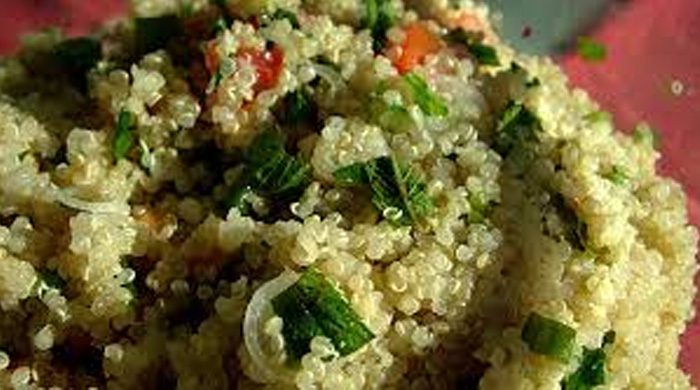A Whole Food Plant Based Diet And Vegetable Protein And Not Animal Protein Supports Kidney Function

The Western diet significantly increases the risk of chronic kidney disease and impaired kidney function due greatly to the consumption of processed meats and the overconsumption of red meat.
The Western diet results in the chronic inflammation in the kidneys, impaired blood flow, leakage of protein the the urine, and loss of kidney function. The consumption of animal protein increases the acid load in the kidneys, increases harmful ammonia levels, and damages kidney cells.[1] The reduction of the consumption of protein is recommended to protect against continued kidney function decline, though it is the consumption of animal protein and not vegetable protein that contributes to kidney failure.
The consumption of animal protein causes a condition called glomerular hyperfiltration that increases the workload of the kidneys. The regular consumption of animal protein leads to an unrelenting increase in the workload and stress of the kidneys, which leads to kidney scarring and kidney failure.
Studies confirm that the consumption of animal protein causes this stress on the kidneys, but the consumption of vegetable protein does not.[2][3]
Eating a whole food plant-based diet and its vegetable protein is protective of healthy kidney function. You can find the most health supporting plant foods to consume on this nutritional guide based on the Dr Sebi food list.
[1] A Odermatt. The Western-style diet: a major risk factor for impaired kidney function and chronic kidney disease. Am J Physiol Renal Physiol. 2011 Nov;301(5):F919-31.
[2] N Soroka, DS Silverberg, M Greemland, Y Birk, M Blum, G Peer, A Iaina. Comparison of a vegetable-based (soya) and an animal-based low-protein diet in predialysis chronic renal failure patients.Nephron. 1998;79(2):173-80.
[3] P Kontessis, S Jones, R Dodds, R Trevisan, R Nosadini, P Fioretto, M Borsato, D Sacerdoti, G Viberti. Renal, metabolic and hormonal responses to ingestion of animal and vegetable proteins. Kidney Int. 1990 Jul;38(1):136-44.






